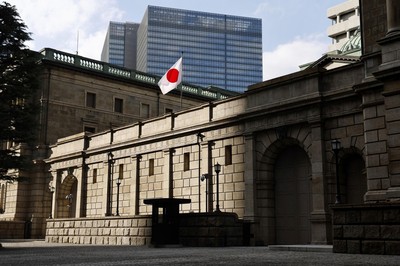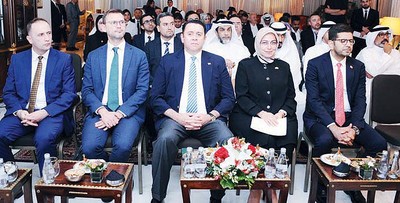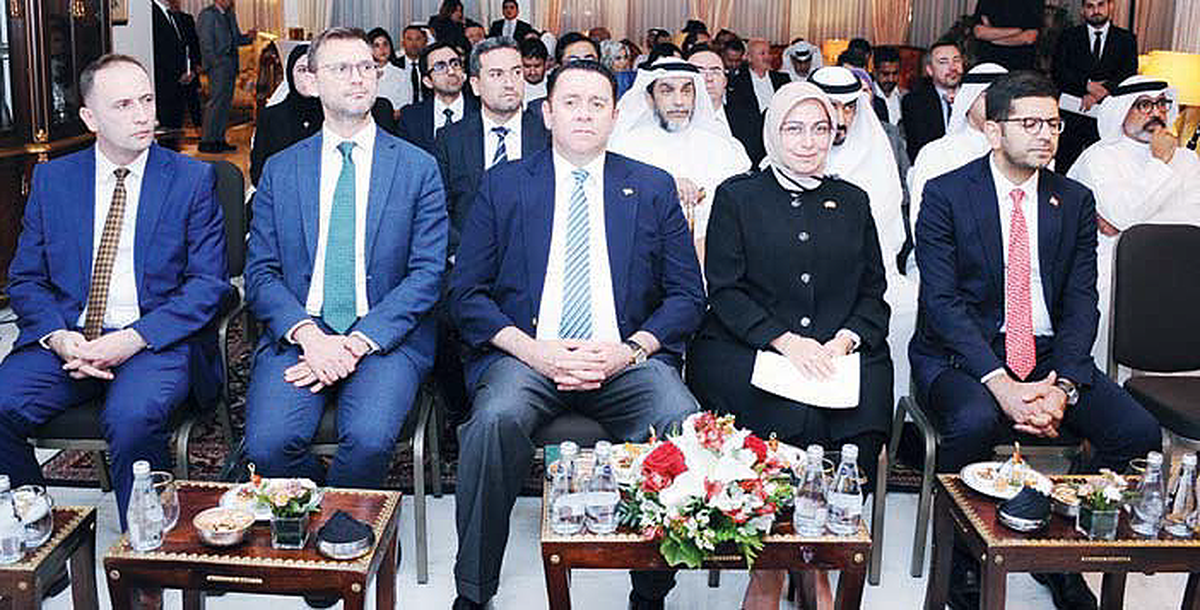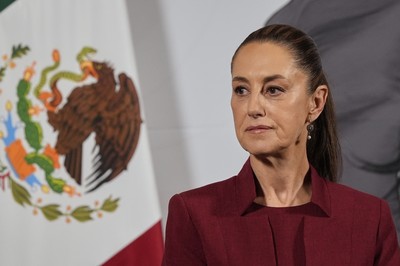KUWAIT CITY, May 17: With intensive media coverage, the Kuwait Airways inaugural Airbus A321neo aircraft successfully landed at Kuwait International Airport (Terminal 4) on Thursday. This aircraft, the first of nine ordered, was manufactured by Airbus. Following his arrival on the flight from Toulouse, France; alongside Ambassador of the United Kingdom to Kuwait Belinda Lewis, Kuwait Airways Chairman Abdulmohsen Al- Faqan conveyed to KUNA and Kuwait TV that the new aircraft, named ‘Al-Mutlaa’, is distinguished by its efficient maintenance and fuel consumption, achieving approximately 20 percent fuel saving. He elaborated that the new aircraft, slated to commence service within days upon completion of the required documentation, features 16 business-class seats and 150 economy-class seats, and is equipped with advanced onboard entertainment systems.
He said the delivery of the remaining A321neo aircraft stipulated in the agreement is expected shortly, reinforcing the airline’s dedication to the ongoing development of the national carrier and the provision of superior customer service, under the directives of the political leadership. He disclosed that a meeting was convened with senior officials from Rolls-Royce PLC to discuss the advancement of the engine system and the provision of support to Kuwait Airways.
Meanwhile, Lewis disclosed that she visited the Rolls-Royce production facility in Derby, United Kingdom, where aircraft engines, particularly for widebody Airbus aircraft, are manufactured. Lewis added that she visited the Airbus facility in Toulouse, France, which integrates leading European aviation technology from the United Kingdom, Spain, Germany, and France, and encompasses a diverse range of aircraft of varying capacities and sizes, produced and distributed globally. She said she was impressed by the new aircraft, which incorporates cutting-edge technological features, is environmentally friendly, safe, healthy and enhances passenger comfort and enjoyment.
Kuwaiti Ambassador to France Abdullah Al-Shaheen affirmed on Friday that Kuwait Airways received the new aircraft from Airbus, reflecting the depth of the partnership and cooperation between the two countries. Al-Shaheen made this statement to KUNA after participating in the ceremony marking Kuwait Airways’ receipt of its first new A321neo aircraft from Airbus in Toulouse, France. He asserted, “We are proud of this occasion, which reflects the outstanding level of relations between the two friendly countries, and it is considered an extension of a long history of constructive cooperation based on trust and mutual respect.”
He added that Kuwaiti-French relations have witnessed “continuous development” in various fields over the decades, particularly in the economic and strategic sectors, stressing that the State of Kuwait is keen on strengthening this cooperation to serve mutual interests. Al-Shaheen, Al-Faqan, Lewis, French Ambassador to Kuwait, Olivier Gauvin, and senior officials from Kuwait Airways and Airbus attended the aircraft delivery ceremony from Toulouse last Wednesday.

 Latest News21 hours ago
Latest News21 hours ago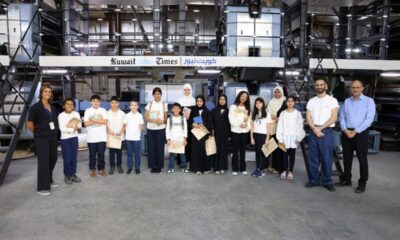
 Latest News23 hours ago
Latest News23 hours ago
 Politics7 hours ago
Politics7 hours ago
 Business14 hours ago
Business14 hours ago
 Latest News14 hours ago
Latest News14 hours ago
 Latest News12 hours ago
Latest News12 hours ago
 Politics3 hours ago
Politics3 hours ago
 Politics4 hours ago
Politics4 hours ago







